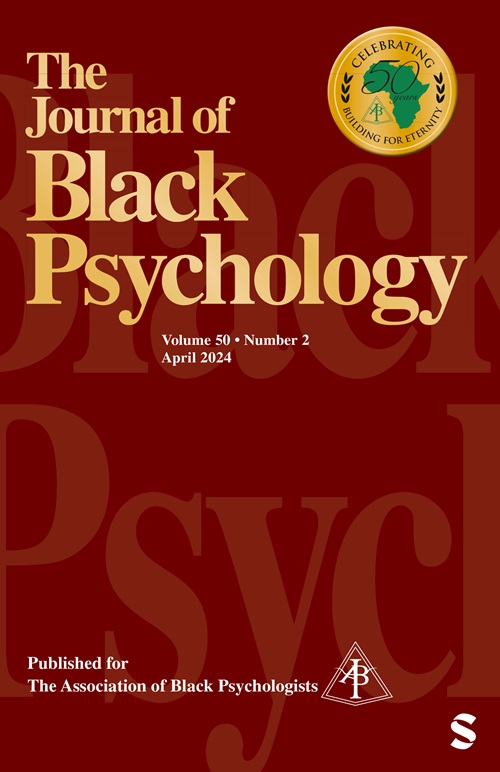“我记得我的第一个放松剂”:黑人女性表达了对化学直发的根深蒂固的心理习惯
IF 2.2
3区 心理学
Q2 PSYCHOLOGY, MULTIDISCIPLINARY
引用次数: 0
摘要
化学直发是黑人女孩和女性的统计标准,但由于这些产品中的有毒化学物质组合,许多黑人女孩在身份发展的关键阶段遭受头发损伤,断裂和脱发。现有的关于拉直头发的心理学解释集中于自我憎恨,而没有考虑到通过黑人妇女的故事所讲述的复杂的心理-社会动力。研究人员利用《引导性头发自传》(Guided Hair Autobiography),收集并分析了38名年轻时接受过化学头发拉直的黑人女性的叙述。获得“可管理”的头发、社区归属感和母亲的选择是化学拉直头发的确定原因。身体伤害和心理冲突都是这种美容行为的后果。这些叙事见解为临床医生提供了早期记忆在身体形象和家庭动态中的作用的关键背景。这项研究强调了化学拉直头发在黑人女性身份认同中的作用,使种族化体现美学的内化叙述复杂化,并对黑人女性关系和身份发展中的有毒美容实践进行了更深入的研究。本文章由计算机程序翻译,如有差异,请以英文原文为准。
“I Remember My First Relaxer”: Black Women Voicing Psychologically Engrained Practices of Chemical Hair Straightening
Chemical hair straightening is a statistical norm for Black girls and women, but due to the toxic combinations of chemicals in these products, many Black girls suffer from hair damage, breakage, and loss during a critical stage of identity development. The existing psychological interpretation of hair straightening centralizes self-hatred without accounting for the complex psycho-social impetus as told through the stories of Black women. Using the Guided Hair Autobiography, researchers elicited and analyzed the narratives of 38 Black women who underwent chemical hair straightening during their youth. Achieving “manageable” hair, community belongingness, and maternal choice were the identified reasons for chemically straightening hair. Both physical harm and psychological conflict were consequences of this beauty practice. These narrative insights offer clinicians a critical context for the role of early memories in body image and family dynamics. This study highlights the role of chemical hair straightening embedded into the identities of Black women, complicates the internalized narratives of racialized embodied aesthetics, and invites deeper examination of toxic beauty practices in Black female relationships and identity development.
求助全文
通过发布文献求助,成功后即可免费获取论文全文。
去求助
来源期刊

Journal of Black Psychology
PSYCHOLOGY, MULTIDISCIPLINARY-
CiteScore
8.00
自引率
5.80%
发文量
22
期刊介绍:
The Journal of Black Psychology publishes scholarly contributions within the field of psychology toward the understanding of the experience and behavior of Black populations. This includes reports of empirical research and discussions of the current literature and of original theoretical analyses of data from research studies or programs. Therefore, the Journal publishes work in any of the areas of cognition, personality, social behavior, physiological functioning, child development, education, and clinical application, in addition to empirical research and original theoretical formulations outside traditional boundaries, all integrated by a focus on the domain of Black populations and the objective of scholarly contributions.
 求助内容:
求助内容: 应助结果提醒方式:
应助结果提醒方式:


